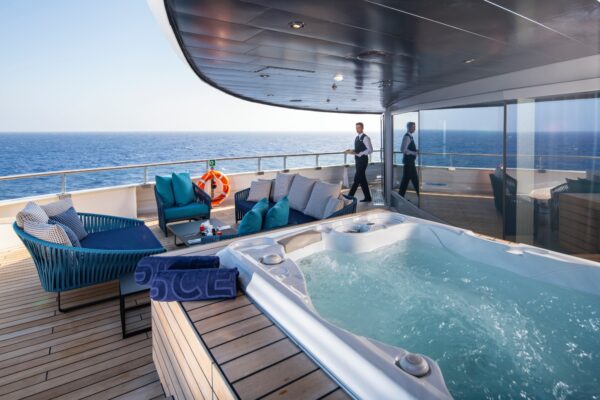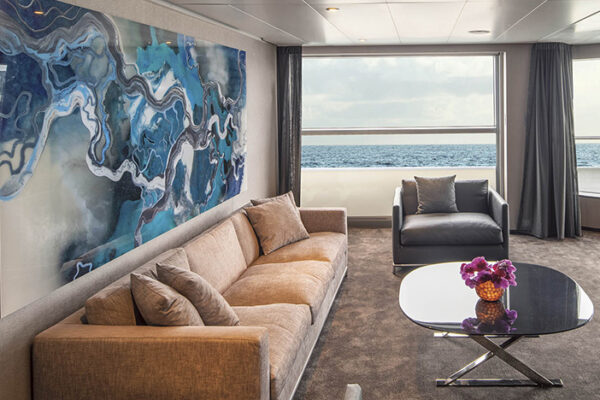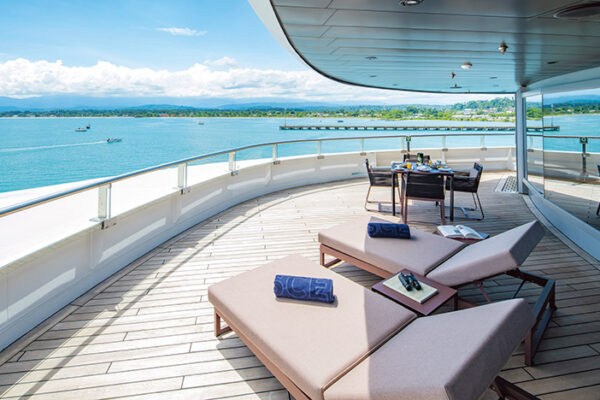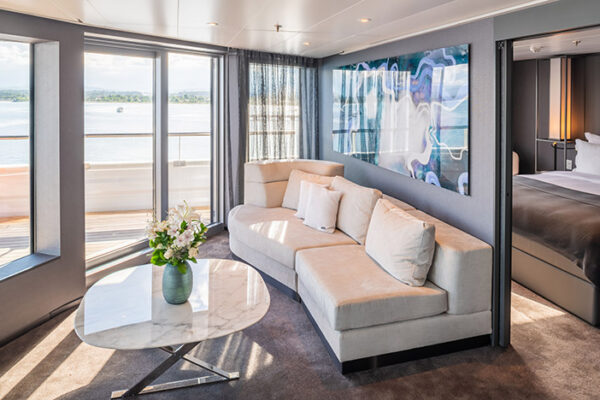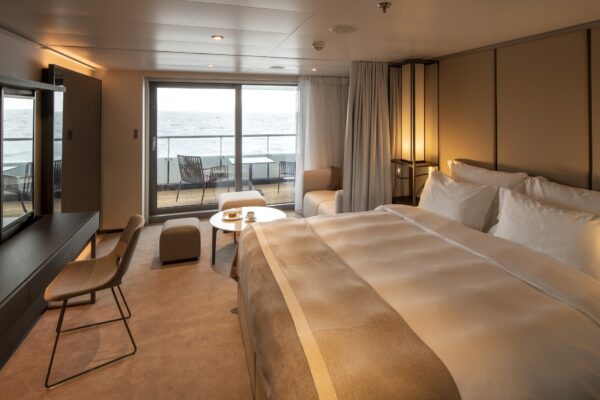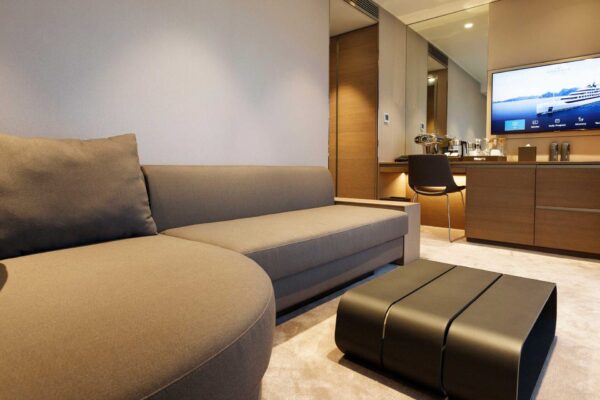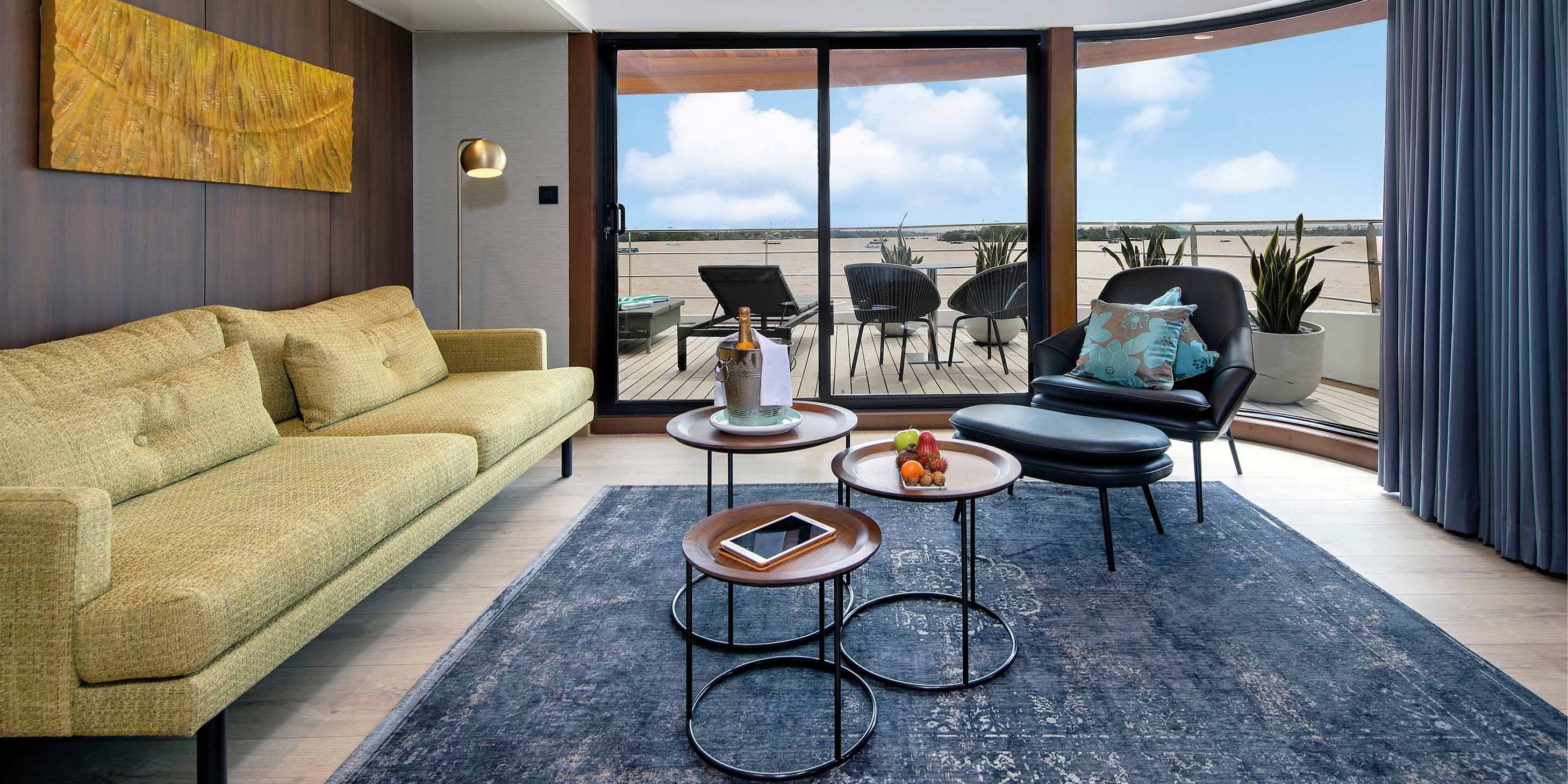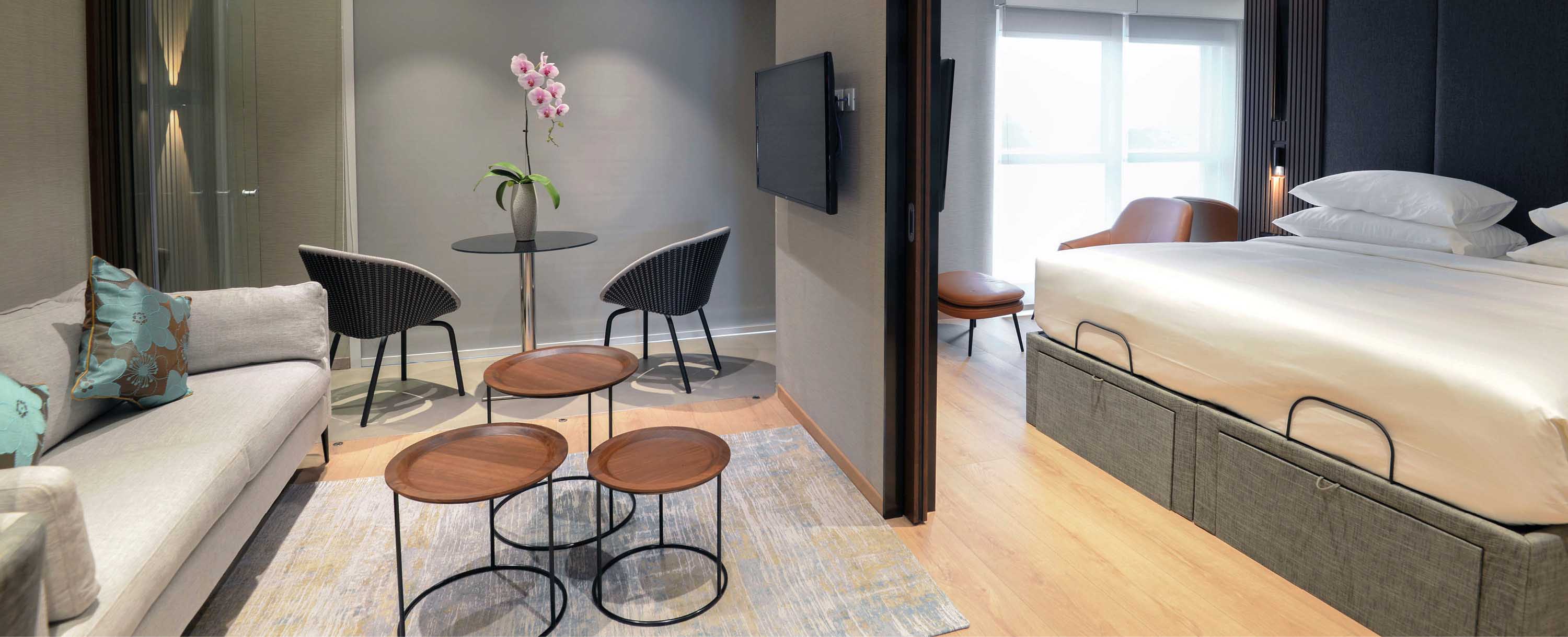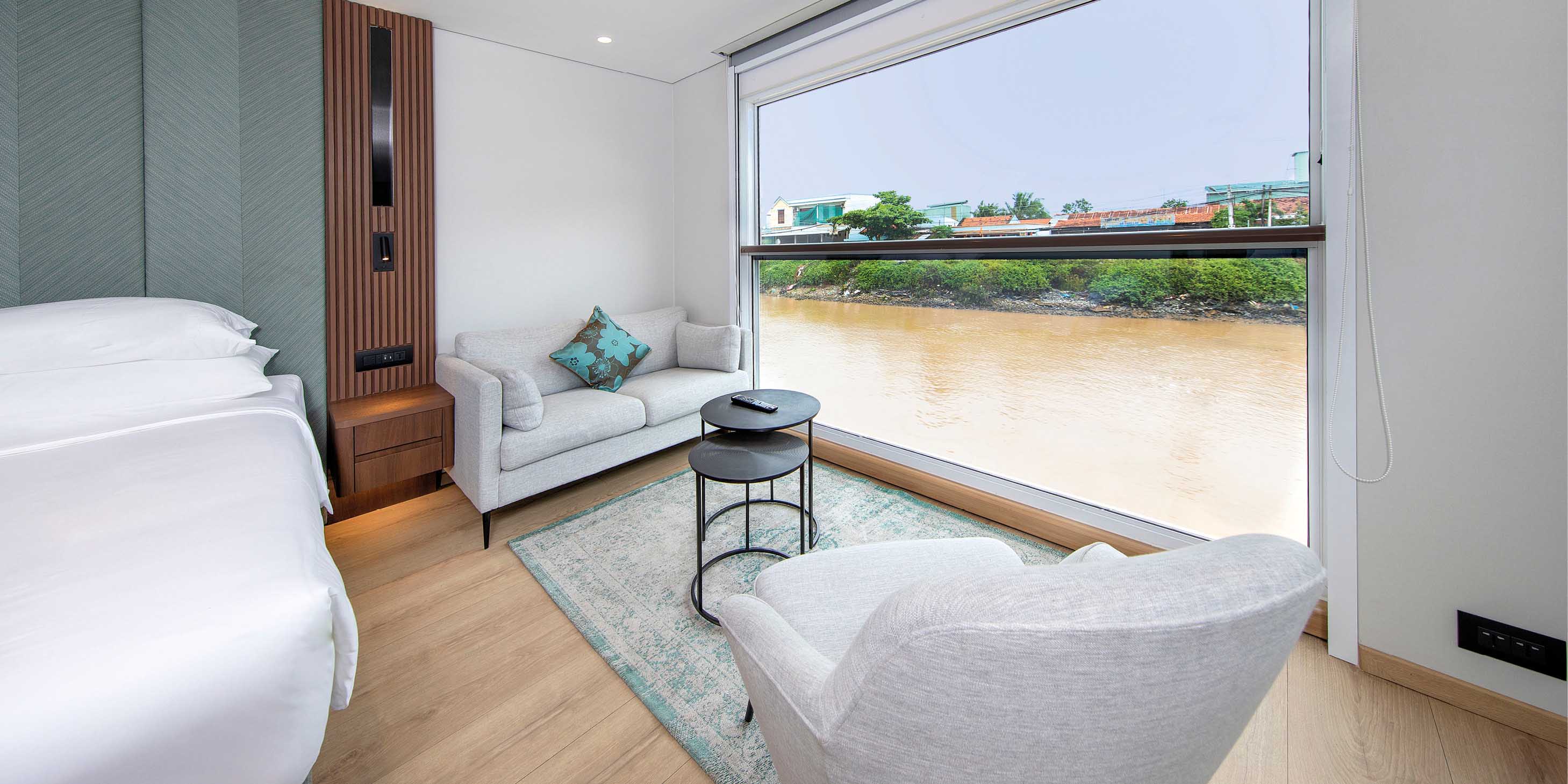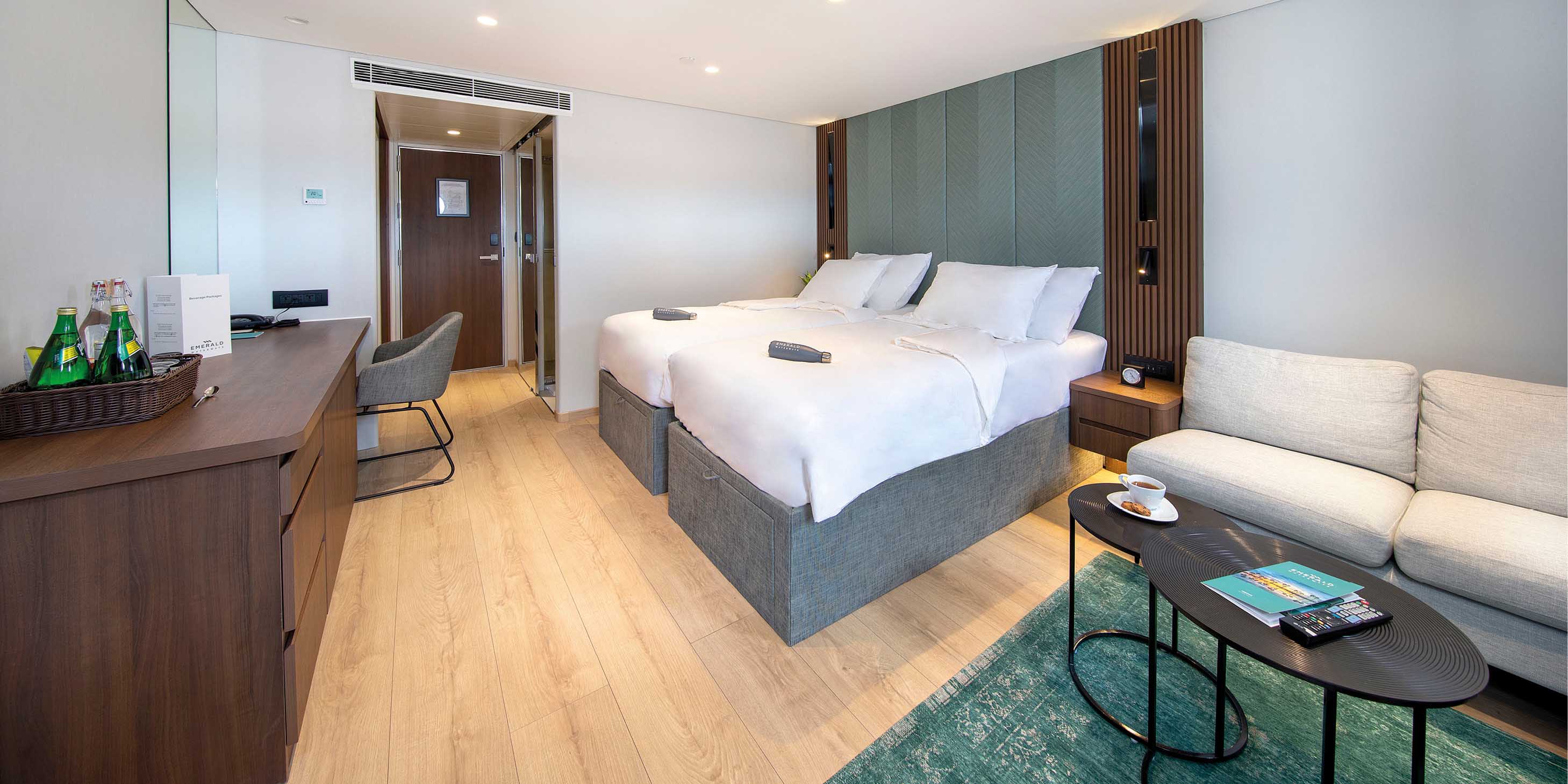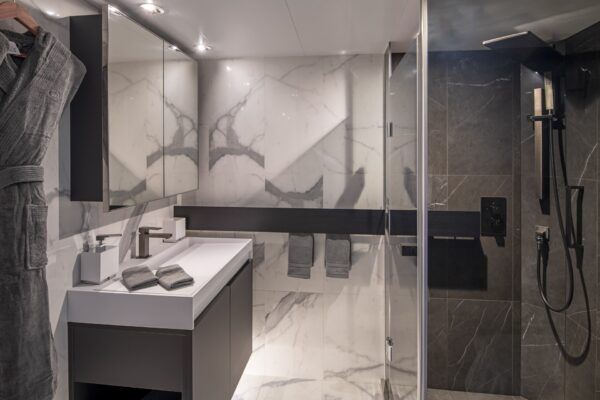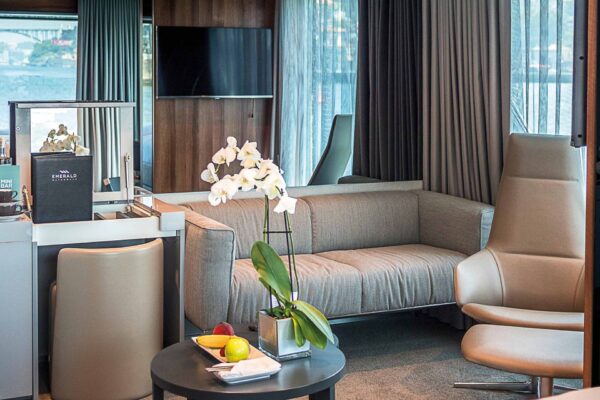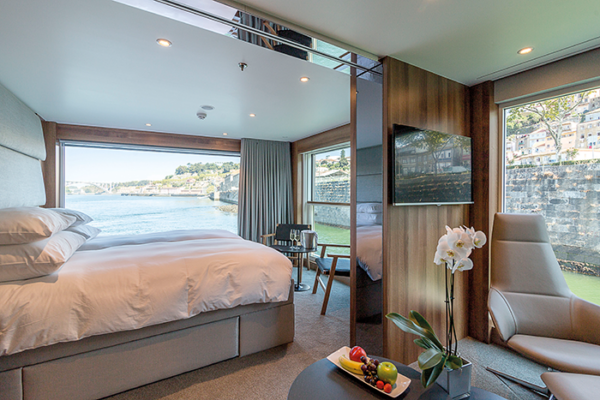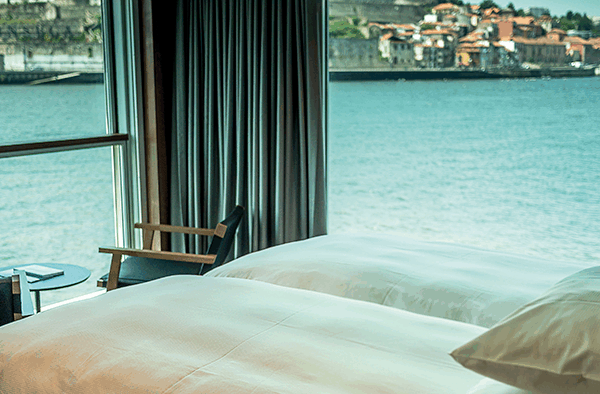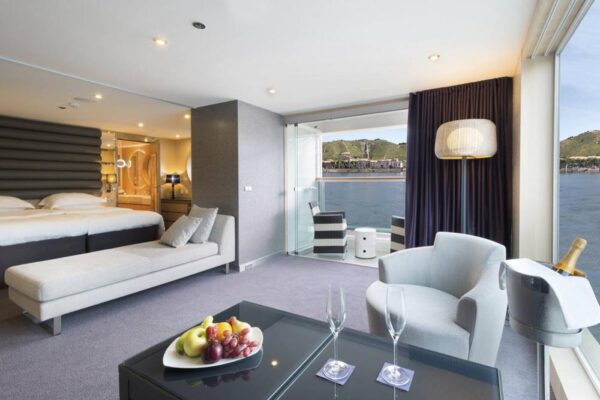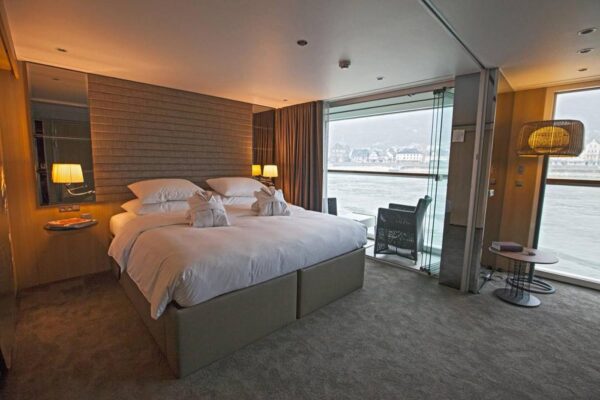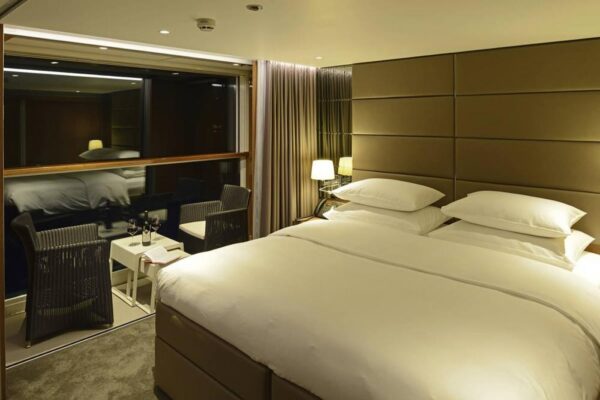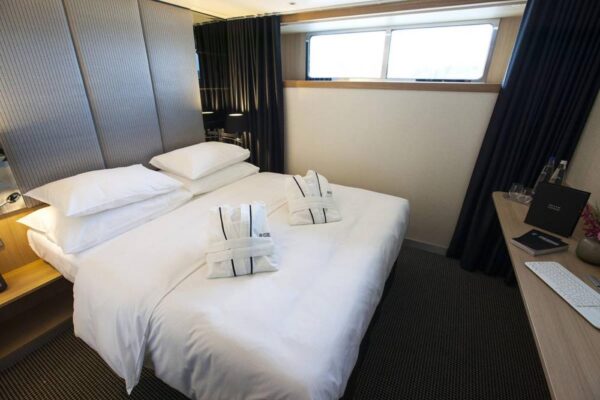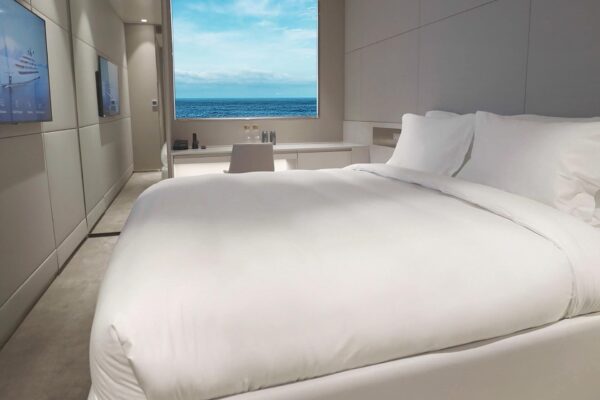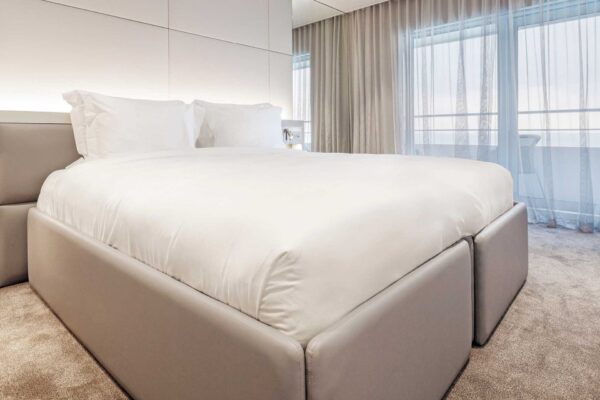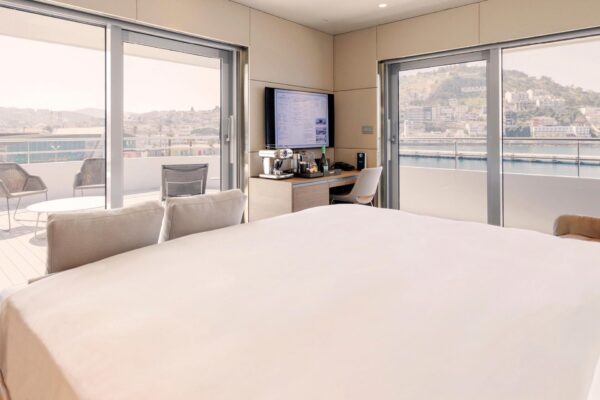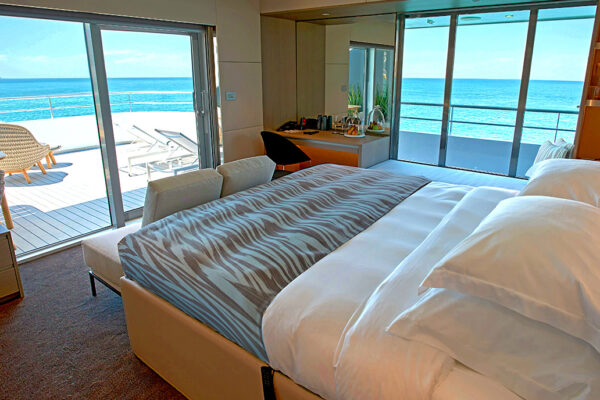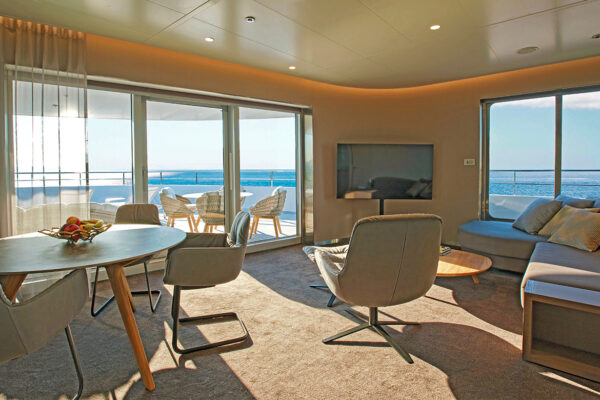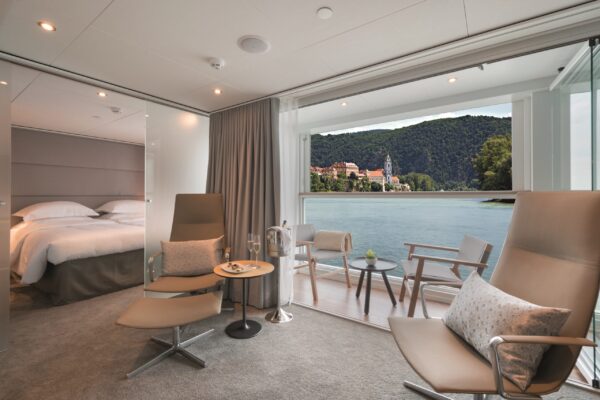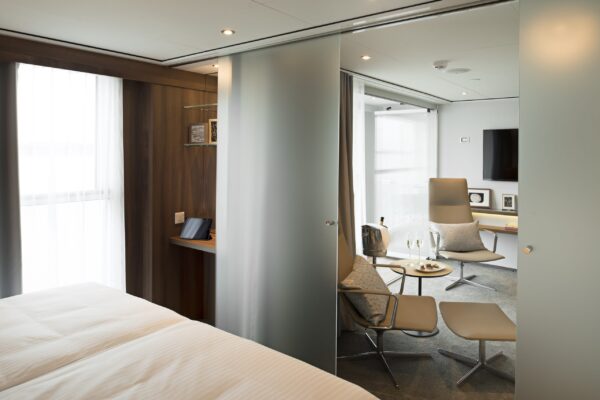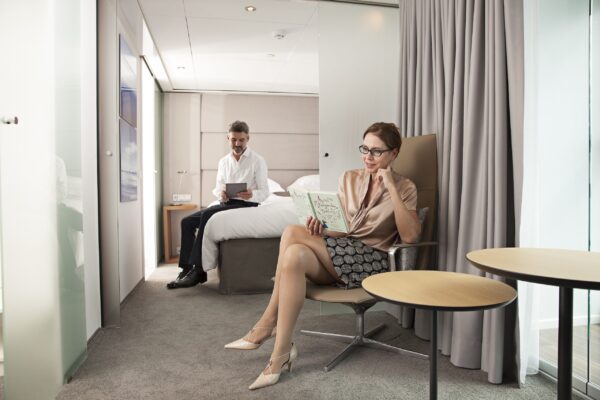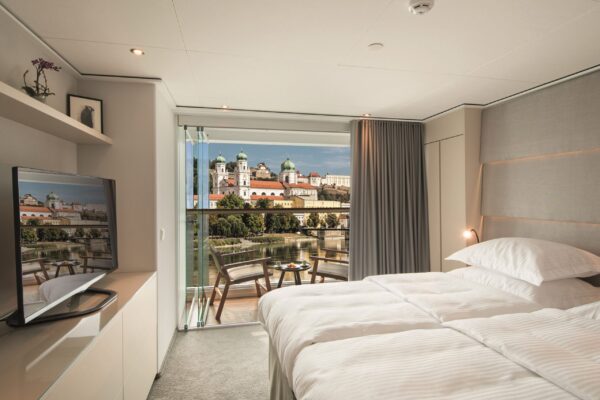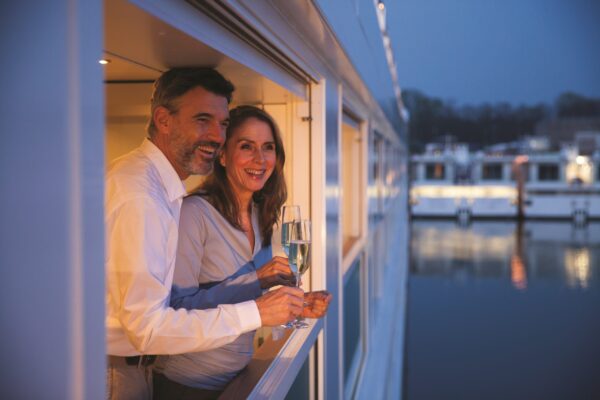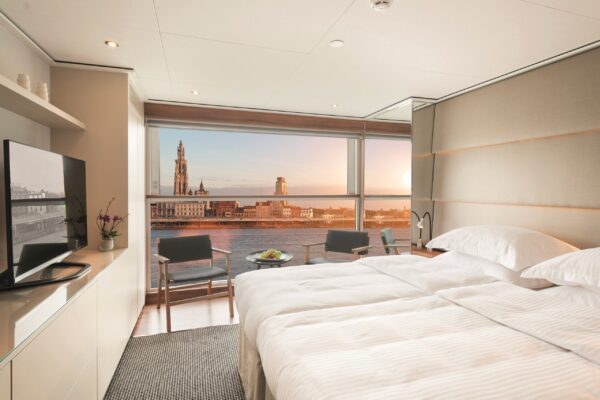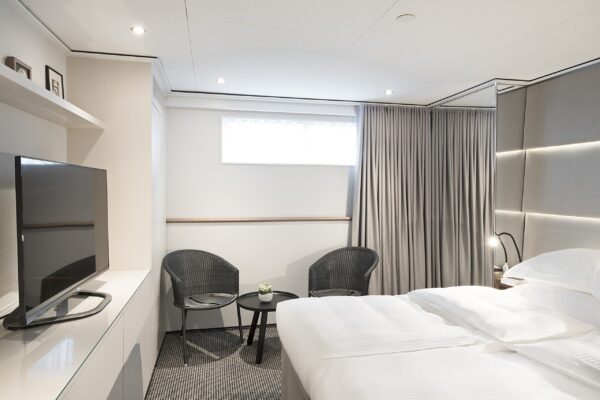Munich, Germany: A City of Royal Heritage, Resilience, and Culture
Founded in the 12th century, Munich (München in German) has grown from a modest monastic settlement to one of the most influential cultural and economic powerhouses in Europe. Its name, derived from the Old High German Munichen, meaning “by the monks,” refers to the Benedictine monks who established a monastery at what is now the city center. In 1158, Henry the Lion, Duke of Saxony and Bavaria, officially founded Munich by granting it the right to hold markets after destroying a nearby toll bridge over the Isar River and rerouting trade through the area.
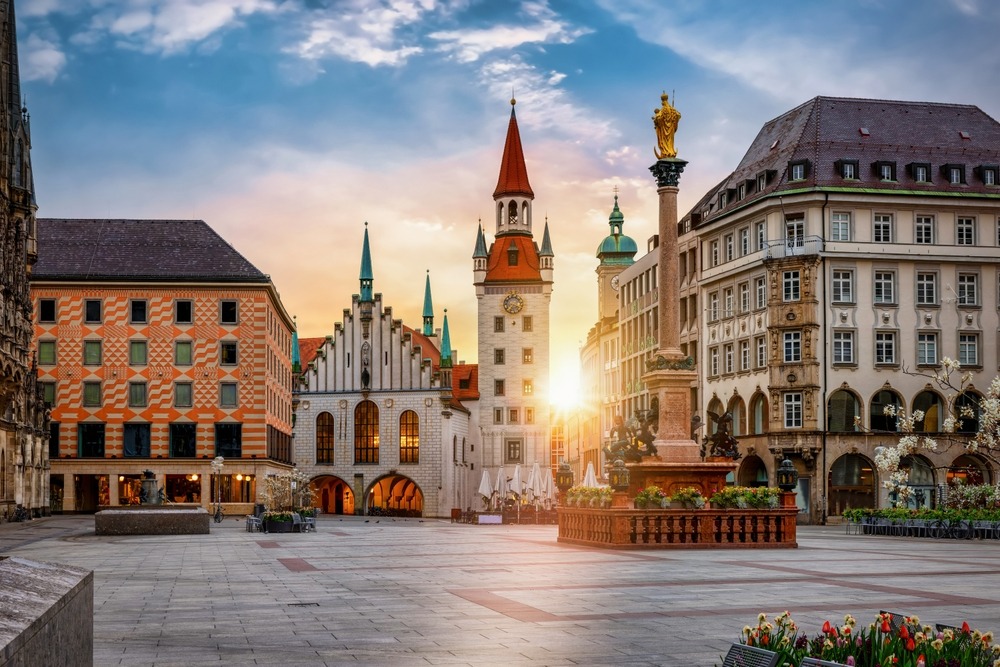
By 1255, Munich became the ducal residence of the Wittelsbach dynasty, who shaped its destiny for nearly 750 years. Under their reign, Munich grew in architectural grandeur and cultural richness. The city witnessed flourishing art and science during the Renaissance and Baroque periods, as it became a center for painting, sculpture, and classical music. It was also a hub for Catholic resistance during the Reformation, helping to preserve Bavaria’s religious traditions.
During the 19th century, under King Ludwig I and later King Ludwig II—famous for building Neuschwanstein Castle—Munich experienced a golden age. The city’s classical architecture and cultural institutions, such as the Glyptothek and the Bavarian State Opera, were either founded or greatly expanded.
However, Munich’s history also holds dark chapters. In the early 20th century, the city became the cradle of National Socialism. Hitler’s failed Beer Hall Putsch occurred here in 1923, and later, the city became a propaganda stronghold for the Nazi regime. During World War II, Allied bombing raids severely damaged Munich, but careful reconstruction preserved much of its historic character.
In the post-war period, Munich emerged as a beacon of prosperity in West Germany’s Wirtschaftswunder (economic miracle). It became a center for publishing, technology, and higher education. The 1972 Summer Olympics, though marred by the tragic terrorist attack, showcased the city’s modern architecture and cultural vitality. Today, Munich is a global city, home to renowned companies like BMW and Siemens, and hosts annual events like Oktoberfest, attracting millions from around the world.
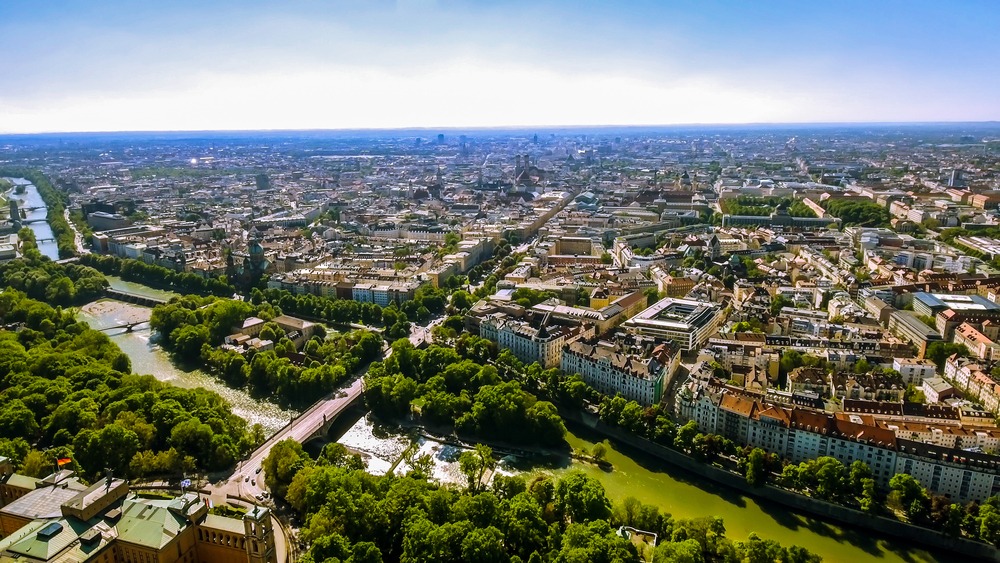
Top 25 Attractions in Munich, Germany
-
Marienplatz – The central square of Munich since 1158, Marienplatz is home to the New Town Hall (Neues Rathaus) and its famous Glockenspiel, which performs daily.
-
Nymphenburg Palace – This grand Baroque palace served as the summer residence of Bavarian monarchs. Visitors can explore its lavish rooms, vast gardens, and carriage museum.
-
English Garden (Englischer Garten) – One of the largest urban parks in the world, this green space offers scenic trails, beer gardens, and even a surfing spot on the Eisbach River.
-
Residenz – Once the seat of Bavarian kings, the Munich Residenz is now a museum complex showcasing royal apartments, a treasury, and ornate chapels.
-
Frauenkirche (Cathedral of Our Dear Lady) – The iconic twin-domed cathedral is a Munich landmark and offers panoramic views from its towers.
-
BMW Welt and BMW Museum – This modern exhibition center and museum explores the history and innovation behind one of Germany’s most iconic automotive brands.
-
Viktualienmarkt – A bustling outdoor market filled with local produce, gourmet goods, and a central beer garden, perfect for sampling Bavarian delicacies.
-
Deutsches Museum – One of the world’s largest science and technology museums, featuring everything from early aviation to space travel and renewable energy.
-
Olympiapark – Built for the 1972 Olympics, the park features a stadium, tower, lake, and frequent concerts and events, plus sweeping views from the Olympic Tower.
-
Asam Church (Asamkirche) – A small but extravagant Baroque church built by the Asam brothers, showcasing some of the finest rococo interior design in Europe.
-
Hofbräuhaus am Platzl – Munich’s most famous beer hall, founded in 1589, offers traditional Bavarian fare, music, and a historic atmosphere.
-
Pinakothek Museums – A trio of world-class art museums: the Alte Pinakothek (Old Masters), Neue Pinakothek (19th-century art), and Pinakothek der Moderne.
-
St. Peter’s Church (Peterskirche) – The oldest parish church in Munich, featuring an impressive altar, murals, and a tower with panoramic views over the city.
-
Glyptothek – A neoclassical museum housing one of Europe’s finest collections of ancient Greek and Roman sculpture.
-
Lenbachhaus – An art museum known for its impressive collection of Blue Rider (Der Blaue Reiter) works, including artists like Kandinsky and Marc.
-
Allianz Arena – The home stadium of FC Bayern Munich, known for its futuristic exterior lighting and passionate football fans.
-
Munich Stadtmuseum – A comprehensive museum covering Munich’s cultural, political, and social history through centuries.
-
Karlsplatz (Stachus) – A major square and transport hub featuring fountains, shopping arcades, and the historic Karlstor city gate.
-
Maximilianeum – A majestic building overlooking the Isar River, home to the Bavarian State Parliament and offering great photo opportunities.
-
Theresienwiese – The sprawling open space that hosts Oktoberfest every fall, as well as spring and winter fairs.
-
Botanical Garden Munich-Nymphenburg – Featuring over 19,000 species, this garden near the palace is a haven for plant lovers and researchers.
-
Museum Brandhorst – A modern art museum with a striking facade and major works by Andy Warhol, Cy Twombly, and other contemporary giants.
-
Sendlinger Tor – A medieval city gate that still stands as part of Munich’s ancient fortifications and marks the entrance to the old town.
-
Bavarian National Museum – A treasure trove of medieval art, nativity scenes, costumes, and decorative arts from Bavarian and European history.
-
Schloss Blutenburg – A romantic moated castle with a serene chapel and library, located on the outskirts of the city and ideal for peaceful strolls.
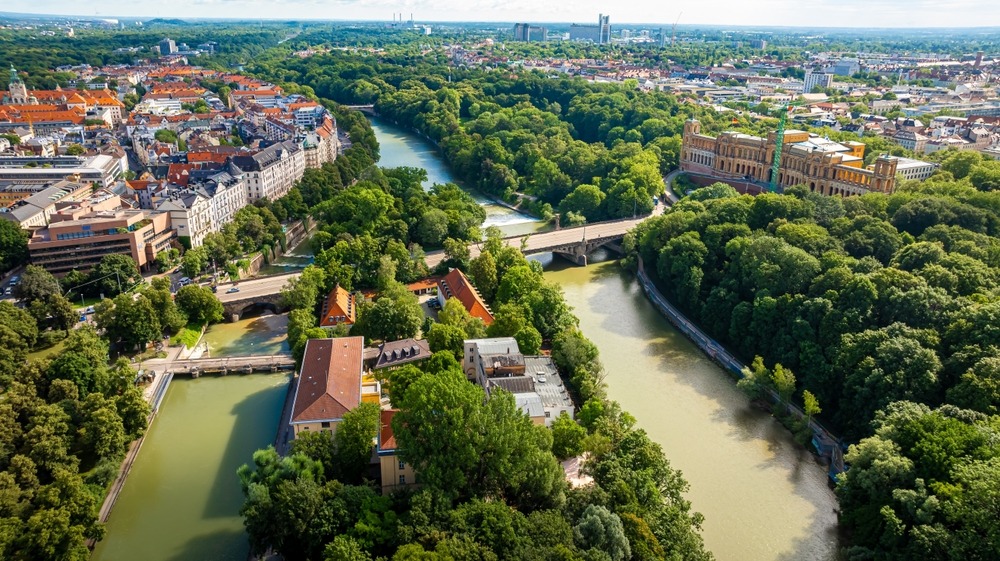
Munich seamlessly blends history with innovation, tradition with modernity, and royal elegance with festive warmth. Whether you’re wandering its storied streets or sipping beer under chestnut trees, Munich invites you to experience the soul of Bavaria at every turn.



